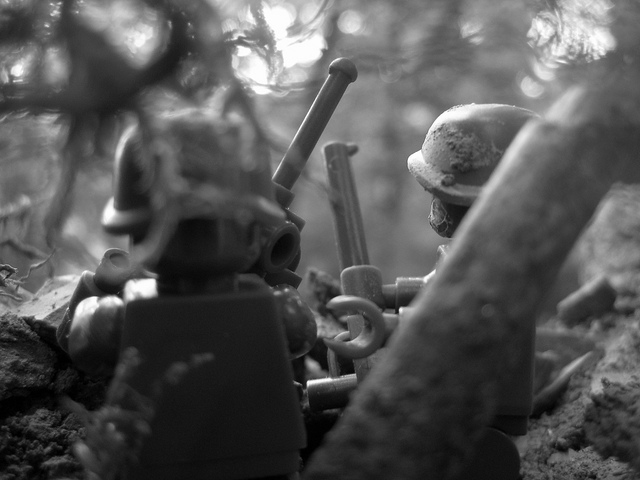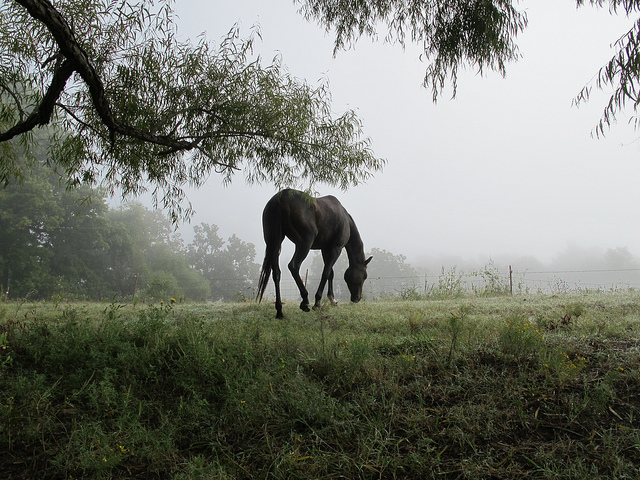In our “Accepted” column, Mid-American Review editors discuss why they selected stories, poems, or essays for publication. In this post, Fiction Editor Tom Markham discusses the marvelous “No Paper Cowboys.”
Genre: short fiction
Title: “No Paper Cowboys”
Author: Bryn Agnew
MAR Issue: 36.1
First Line: “Your parents stand on the porch as you park your car under the awning where the chicken snake ate the baby swallows.”
The evocative image in the opening line of Bryn Agnew’s “No Paper Cowboys” sets the stage for a tale of consumption. That the story is told in 2nd person—“Your parents stand on the porch”—brings us close to the affected character, allowing us an interiority crucial to understanding the unavoidable struggle that consumes this main character.
The setup is one we’re all familiar with—a young college student returns home for a family Thanksgiving celebration—yet the insight here feels fresh, cutting to the core a young person’s first real identity crisis: feeling like a stranger both in that new living environment as well as in the old. This sense of having one foot in one world and one in the other is brought out nicely through the italicized lines that are interspersed throughout the narrative. These lines, usually quotes from, we can assume, texts and situations the boy encountered at school, are often direct, internalized responses to the actions or requests of this main character’s family. Sometimes the interactions between internal and external are simple—“’Why don’t you go for a walk? Get some fresh air.’ It’s plain to see, the sun won’t shine today, but I ain’t in the mood for sunshine anyway”—while other times they are a little more abstracted, pointing to the unease deep within the main character’s psyche.
The main character, the “You” in the story, is doing his best to reconcile his estranged world of the past with his new fresh but ultimately unsatisfying frame of mind, but the efforts are fruitless. The futility is shown most starkly in his family’s frustrated attempts to cheer him up with mundane, homey tasks. Sandwiched into this doomed task of fitting his new self back into his old life is the revelation that things don’t appear to be going so well socially at college, either, so at the story’s core, we are given this bit of insight—the boy is unhappy in both worlds—and we watch it eat away at him while his family attempts, always uselessly, to rescue him.
When the boy finds himself relating to a hunted deer shot by his family for the meat we know things won’t end well. The boy gets injured wrangling a cow on the family farm, a task his father conscripted him to, and in the final moments of the story, a fleeting image of the deer comes across the boy’s visage, leaving us with one lingering italicized thought: “You cannot believe such a monstrous energy of grief can lead to nothing.”
“No Paper Cowboys” is a poignant look at the inexplicable pain that comes in periods of life’s tough transitions. It ends on a very somber note, but it is one that leaves us strangely hopeful, for we come back to the 2nd person voice, reading these words with our own voices echoing in our heads, realizing we’re not alone in this struggle, even though it sometimes feels that way.
What MAR editors said about “No Paper Cowboys”:
“I really enjoyed the narrator’s silence when everyone else is constantly discussing him. I feel like this was a very effective way of seeing inside this character.”
“The second person is done really well, and to a wonderful effect. Lovely prose, lovely energy, lovely sadness; it packed a punch for sure.”




